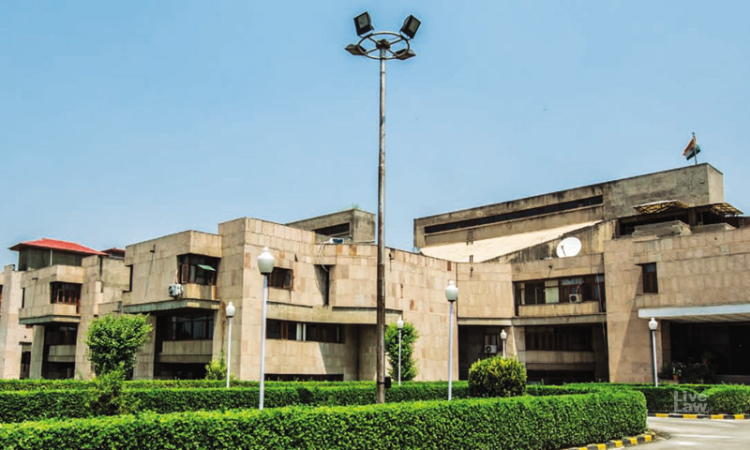Illegal Sale And Possession Of Diesel: Prosecution Not Maintainable Under EC Act In The Absence Of Notification Prohibiting It: J And K And L High Court
LIVELAW NEWS NETWORK
3 Sept 2021 10:03 AM IST

Essential Commodities Act- When No Notification Under Sec. 3 Prohibiting Illegal Sale And Possession Of Diesel Is Placed On Record, Petitioner Cannot Be Convicted Under Sec 7: Jammu & Kashmir HC
Next Story


